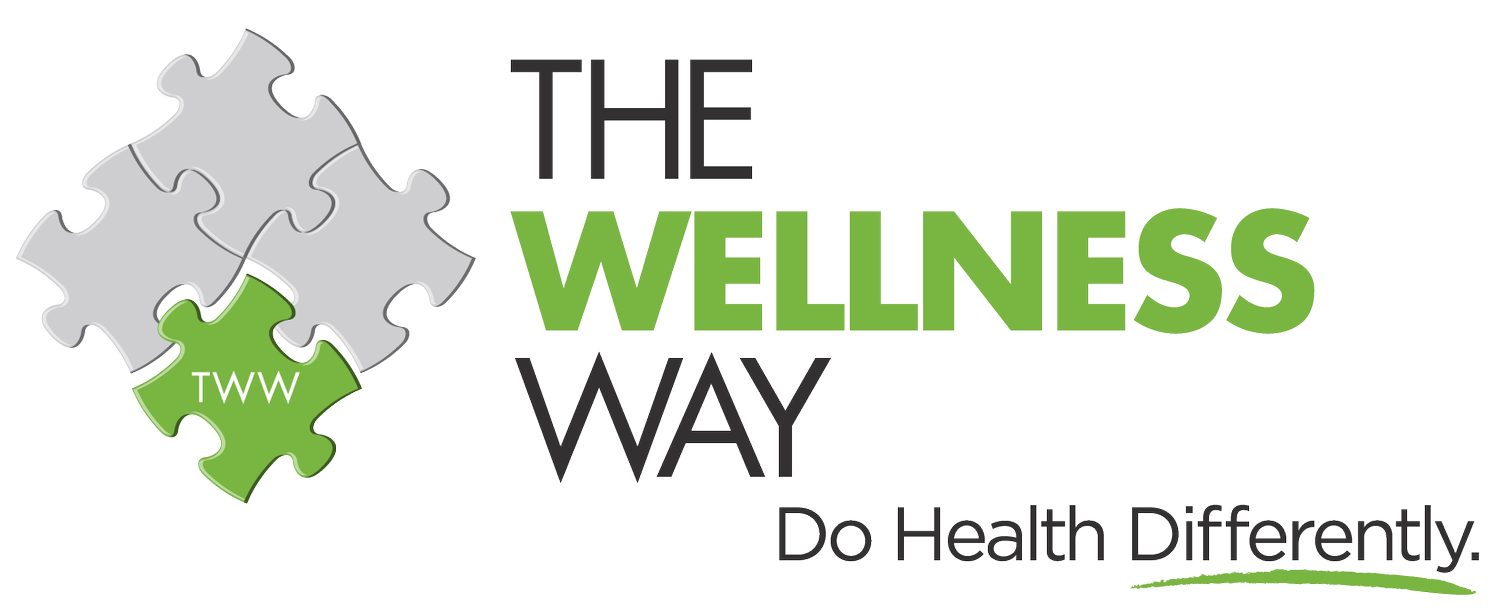5 Tips to Start Balancing Your Hormones
Hormonal balance plays a crucial role in achieving a great state of well-being. When your hormones are in harmony, there’s that unspoken sense of vitality, mental clarity, and emotional stability that allows you to thrive throughout the day. However, when they're out of sync, it can lead to fatigue, mood swings, weight gain, and a number of other issues that disrupt the momentum you’ve established in your daily life.
With this, it's important to know the significance of balancing your hormones and how it is the key to reclaiming your health in order to lead and live the best life that you can.
Why Balancing Your Hormones is Important
Hormones are the body's chemical messengers, influencing everything from your mood and energy levels to metabolism and even your reproductive health. When they are out of balance, you can experience a multitude of symptoms that affect your quality of life. Properly balanced hormones ensure that your body functions optimally, allowing for improved mental clarity, stable moods, and overall better health.
The Impact of Not Balancing Your Hormones
Ignoring hormonal imbalances can lead to serious health issues over time. Understanding the short-term and long-term consequences of hormonal imbalance highlights just how important it is to start taking proactive steps today to manage and prevent irreparable damage.
Short-term Consequences
Chronic Fatigue
Weight Gain
Insomnia
Mood Swings
Long-term Consequences
Diabetes
Thyroid Disorders
Heart Disease
Reproductive Health Issues
5 Tips to Start Balancing Your Hormones
1. Prioritize Your Sleep - Quality sleep is fundamental to hormonal health. During sleep, your body goes through critical repair processes and regulates hormone production. Aim for at least 8 hours of restful sleep each night to support your body's natural sleep cycle.
2. Don’t Shy Away from Eating Fats - Healthy fats are essential for hormone production and balance. Incorporate sources of omega-3 fatty acids, such as fatty fish, flaxseeds, and walnuts, into your diet. These fats provide the building blocks for hormone synthesis and help reduce inflammation, which can disrupt hormonal balance.
3. Focus on Nervous System Regulation - Your nervous system plays a pivotal role in regulating hormones. Consistent chiropractic care helps maintain a healthy nervous system by ensuring proper communication between your brain and body. Regular adjustments can reduce stress, improve sleep, and enhance overall well-being, contributing to balanced hormone levels.
4. Ditch the Toxic Makeup, Skincare, Cleaning Supplies, Candles, and Perfumes - Many everyday products contain endocrine disruptors that can wreak havoc on your hormonal health. Switch to toxin-free alternatives labeled "non-toxic," "organic," or "natural." Reducing your exposure to these harmful chemicals can significantly improve your hormone balance and overall health.
5. Heal Your Gut - Your gut health is intimately connected to hormone balance. A healthy gut supports efficient digestion, nutrient absorption, and the elimination of toxins, all of which are crucial for hormone regulation. Avoid processed foods and focus on a diet rich in fiber, lean proteins, and healthy fats to support gut health.
How The Wellness Way Sarasota Can Help
At The Wellness Way Sarasota, we're all about helping you achieve hormonal balance through a holistic and personalized approach. Our experienced team is here to offer chiropractic services, nutritional guidance, and lifestyle recommendations that are tailored specifically to your needs. By focusing on finding and addressing the root cause of your hormonal imbalances, we’ll be able to support your body’s natural ability to heal and thrive.
If you're ready to take the first step towards balanced hormones, schedule a free call with The Wellness Way Sarasota today! Let us chat about your concerns and how we can help you on your way to optimal health.

